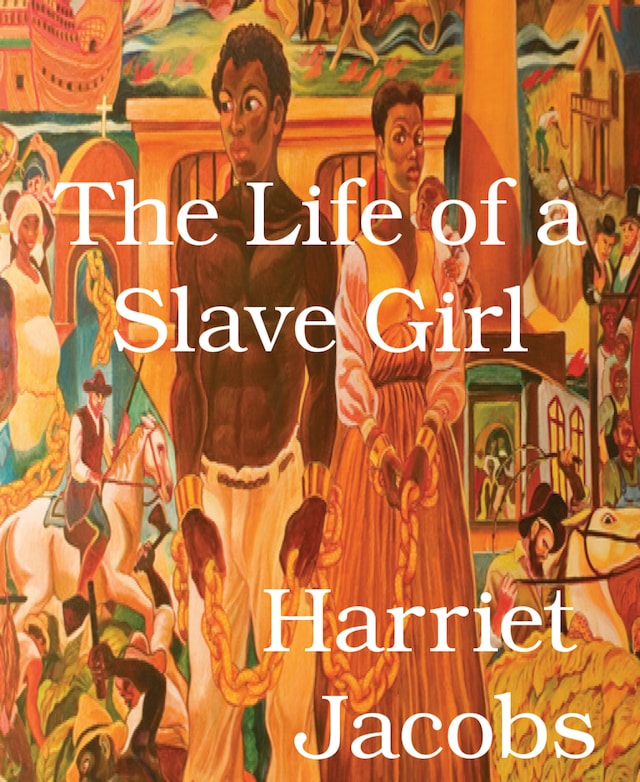
The Life of a Slave Girl
Tietoa kirjasta
I was born a slave; but I never knew it till six years of happy childhood had passed away. My father was a carpenter, and considered so intelligent and skilful in his trade, that, when buildings out of the common line were to be erected, he was sent for from long distances, to be head workman. On condition of paying his mistress two hundred dollars a year, and supporting himself, he was allowed to work at his trade, and manage his own affairs. His strongest wish was to purchase his children; but, though he several times offered his hard earnings for that purpose, he never succeeded. In complexion my parents were a light shade of brownish yellow, and were termed mulattoes. They lived together in a comfortable home; and, though we were all slaves, I was so fondly shielded that I never dreamed I was a piece of merchandise, trusted to them for safe keeping, and liable to be demanded of them at any moment. I had one brother, William, who was two years younger than myself—a bright, affectionate child.
Such were the unusually fortunate circumstances of my early childhood. When I was six years old, my mother died; and then, for the first time, I learned, by the talk around me, that I was a slave. My mother's mistress was the daughter of my grandmother's mistress. She was the foster sister of my mother; they were both nourished at my grandmother's breast. In fact, my mother had been weaned at three months old, that the babe of the mistress might obtain sufficient food. They played together as children; and, when they became women, my mother was a most faithful servant to her whiter foster sister. On her death-bed her mistress promised that her children should never suffer for any thing; and during her lifetime she kept her word. They all spoke kindly of my dead mother, who had been a slave merely in name, but in nature was noble and womanly.
Reader, my story ends with freedom; not in the usual way, with marriage. I and my children are now free! We are as free from the power of slaveholders as are the white people of the north; and though that, according to my ideas, is not saying a great deal, it is a vast improvement in my condition. The dream of my life is not yet realized. I do not sit with my children in a home of my own, I still long for a hearthstone of my own, however humble. I wish it for my children's sake far more than for my own. But God so orders circumstances as to keep me with my friend Mrs. Bruce. Love, duty, gratitude, also bind me to her side. It is a privilege to serve her who pities my oppressed people, and who has bestowed the inestimable boon of freedom on me and my children.
It has been painful to me, in many ways, to recall the dreary years I passed in bondage. I would gladly forget them if I could. Yet the retrospection is not altogether without solace; for with those gloomy recollections come tender memories of my good old grandmother, like light, fleecy clouds floating over a dark and troubled sea.
 Harriet Jacobs
Harriet Jacobs 253 Sivua
253 Sivua